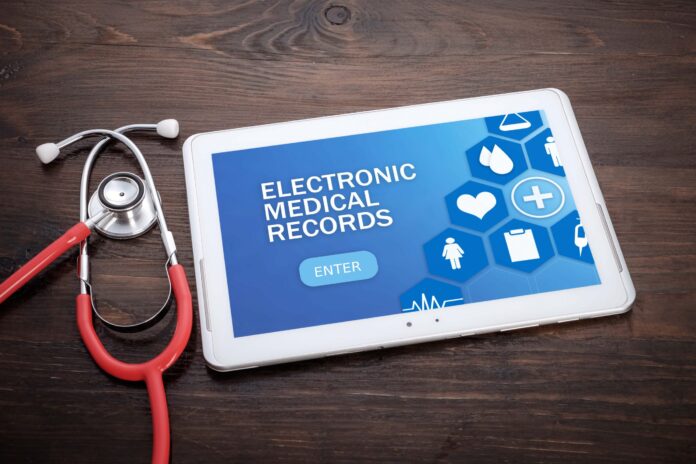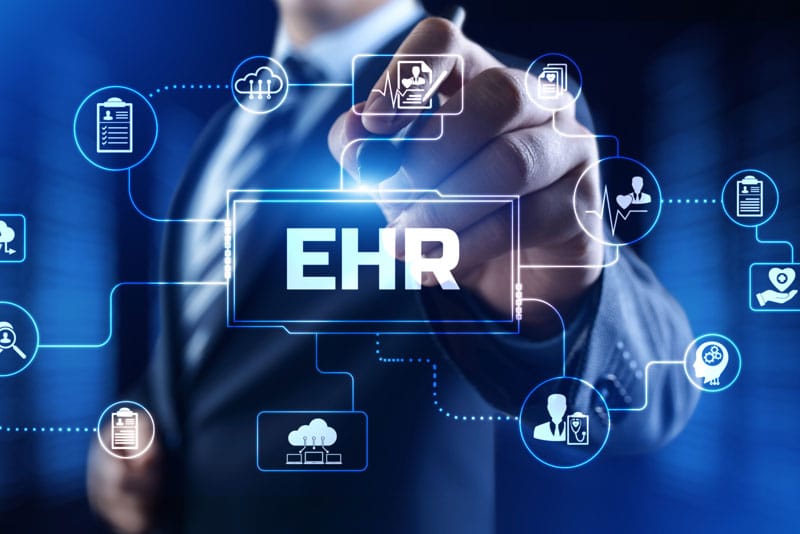
Nearly every business today relies on electronic health records (EHRs). From hospitals to pharmacies, businesses of all sizes are turning to EHRs for a variety of reasons—from efficiency to compliance. But what about the small business? Do they need an EHR, or can they get by with something simpler?
What is an EHR System?

An electronic health record (EHR) system is a software application that stores and manages patient medical records. EHRs have revolutionized the way healthcare providers operate by providing them with an accurate, centralized source of patient data. They allow doctors to easily track patients’ progress and keep tabs on medications and other treatments.
There are a few different types of EHR systems, but the most common is the comprehensive system. Comprehensive systems encompass all aspects of a patient’s care, from their medical history to their current symptoms. They can also include tools for coordinating care between different healthcare providers.
The main benefits of using an EHR system are reliability and accuracy. With reliable software, healthcare providers can be sure that their records are always up to date and accurately reflect the patients’ health status. Accuracy is especially important in the context of medical diagnosis, as incorrect information can lead to costly errors or even mistreatment. EHR software development has advanced to the point where it is possible to provide extremely accurate information, even for complex diagnoses.
Why Use an EHR System?
EHRs can improve communication and coordination among health care providers, help patients access their records from any device, and provide providers with valuable clinical information that can be used to make better decisions.
There are many reasons to create an EHR system. Here are five:
- Improved patient care. A well-functioning EHR system can improve the quality of care patients receive by making it easier for clinicians to share patient data and track progress over time. With proper integration, an EHR system can also help providers identify potential risks earlier and provide more targeted interventions.
- Increased efficiency and coordination across health care organizations. An EHR system can facilitate the sharing of patient data between different healthcare organizations, leading to faster identification of potential problems and improved coordination of care. In addition, an EHR system can help identify opportunities for cost savings by helping clinicians avoid duplicate testing or treatments.
- Improved communication among healthcare providers. An effective EHR system can help unite disparate healthcare data into a single platform, enabling clinicians to quickly exchange information about patients’ histories and current conditions. This streamlined communication may also lead to reduced confusion among patients and caregivers about their treatment options.
- Reduced costs associated with poor medical records management practices. Poorly managed medical records can significantly increase the cost of treating patients, as well as lead to frustrating delays in treatment. By implementing an EHR system, hospitals can improve their efficiency and accuracy of patient records and streamline the process of billing and reimbursement.
- Enhanced patient privacy. An EHR system can help protect the privacy of patients’ medical records by encrypting all data stored on the system. In addition, by allowing patients to access their records from any device, an EHR system can enhance patient satisfaction and loyalty.

Conclusion
While there are many reasons to implement an EHR system, the five listed above are among the most important. By taking advantage of the reliability and accuracy of EHR software, healthcare providers can improve the quality of patient care and reduce costs associated with poor record management practices.








